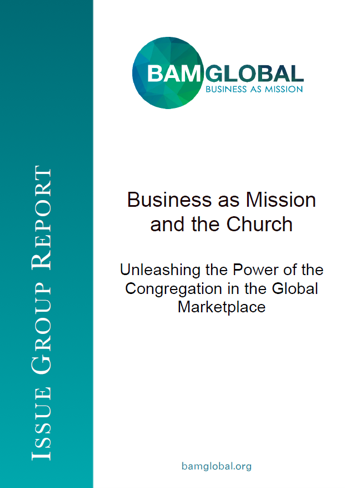Decision making in the marketplace
Phill Sandahl
A web design class I took recently analyzed people’s decision making process. They found that people had different decision making styles.
Using the Myers-Briggs instrument they identified 4 different decision making styles – competitor, humanistic, methodical, and spontaneous. Appropriate material was created in different parts of the page to help each make a decision. My point here is not to discuss web design, but to recognize the principle that there are different decision-making styles which need different approaches to bring people to a decision.
Different people are “wired” differently. That’s the way God made us. He uses different communication styles to draw individuals to himself. Consider these examples:
• Ethiopian Eunuch – While searching Isaiah he was approached by Philip who explained, “that very passage of Scripture and told him the good news about Jesus”
• Thomas the doubter – show me
• Andrew through family relationship – I have found the Messiah, you must come and meet him too
• Paul the Apostle through a power encounter – Lord, what would you have me to do?
Jim Engel a number of years ago gave us the Engel Scale which recognized that coming to Christ, and growing in Him, was a process and not just a single event. To this we need to add an understanding that depending on a person’s decision-making style the necessary steps along that path may vary. How they come to their relationship with Christ is not as important as that they do.
Sociologists and religious leaders over the years have studied the conversion process and found many different ways people have come to make a religious conversion. Often there is a combination of messages/experiences. Among the most frequently mentioned: preaching and persuasion, reading and study, deeds by other believers, healing and miracles, cultural practices, visions and power encounters. Different cultures will be more receptive to some than to others. But God is not limited by one culture’s preference.
So what does this have to do with tentmaking? We need to recognize that in the marketplace we will come across people with all kinds of decision-making styles. God wants to connect with all of them. To do so he has a toolkit with a variety of communication methods. We need to have our eyes open to what God is doing and not assume that our favorite tool (method) is best for all people and situations.
The Tentmaker’s role:
• Be faithful in your witness
• Give the Holy Spirit room to work
• Rejoice in those he brings to God
Those are my thoughts. What are yours? I would welcome dialog on this thought.
Write me at phill@globalopps.org
